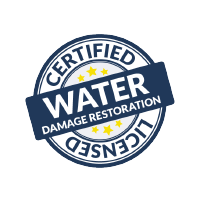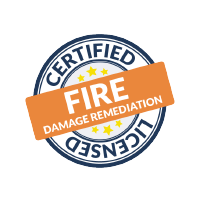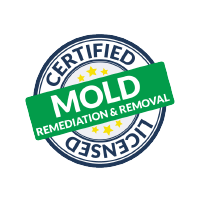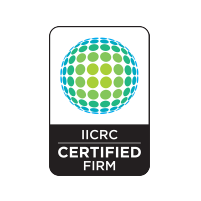Water restoration providers should exercise caution when relying solely on text communication for several reasons:
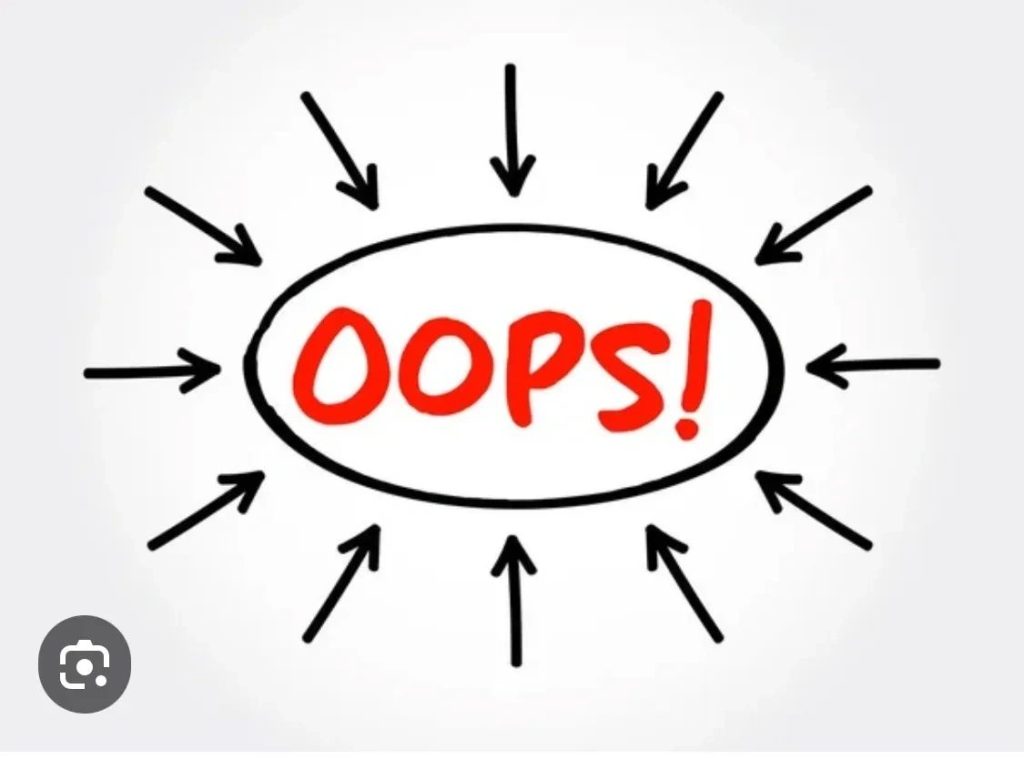
- Limited Information: Text messages often provide limited information compared to verbal communication. Important details about the extent of water damage, specific locations, or urgent issues may be missed or misunderstood in text form.
- Misinterpretation: Text messages can be easily misinterpreted, leading to misunderstandings. Critical instructions or nuances in communication may not be conveyed accurately, potentially causing errors in the restoration process.
- Lack of Real-time Communication: Water restoration often requires real-time updates and quick decision-making. Text messages may not be as immediate as phone calls or face-to-face communication, delaying response times and potentially exacerbating the damage.
- Complex Instructions: In situations where complex instructions or technical details need to be communicated, text messages may not be the most effective medium. Verbal communication or in-person discussions allow for better clarification and understanding.
- Emergency Situations: During emergencies, communication needs to be swift and clear. Text messages may not be the fastest way to convey urgent information, leading to delays in addressing critical issues.
- Legal Documentation: In some cases, legal aspects of the restoration process may require detailed documentation. Verbal or written communication in a more formal format may be necessary for legal purposes, which text messages may not fulfill.
While text communication can be convenient for certain aspects of coordination, it is advisable for water restoration providers to supplement it with more direct and immediate forms of communication to ensure efficient and accurate handling of restoration projects.

